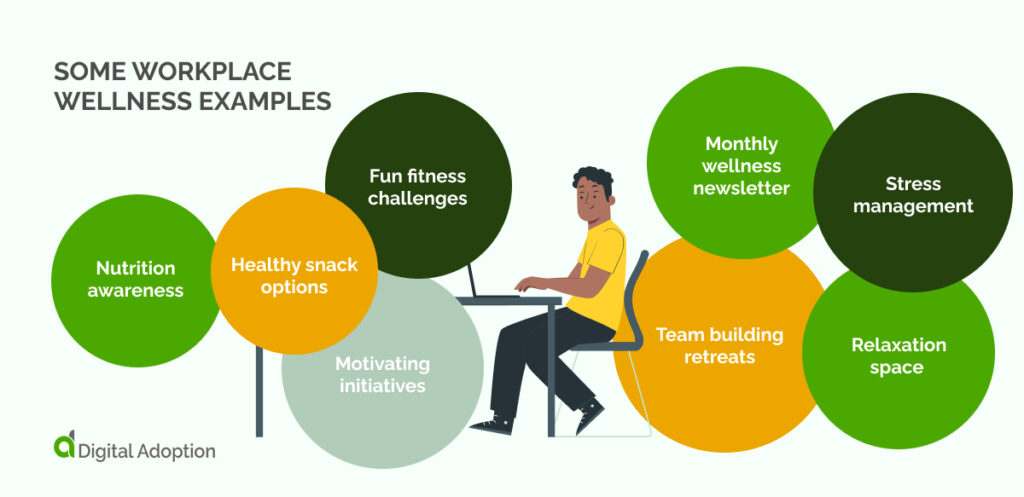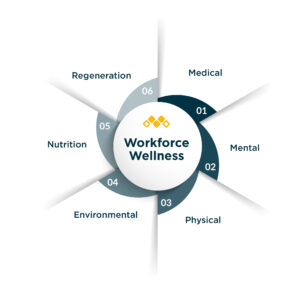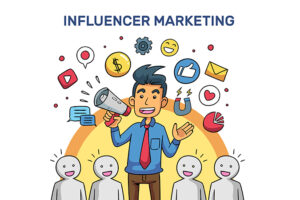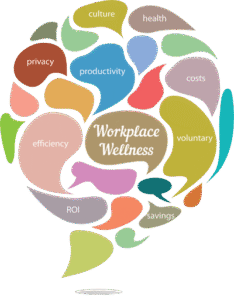Navi Mumbai Tragedy Highlights Corporate Wellness Needs
6 min read
A tragic incident in Navi Mumbai, where a 54-year-old businessman, N. C. Jacob, died after setting his flat on fire during an alcoholic rage following a domestic dispute, serves as a stark and painful reminder of the profound impact unchecked mental health issues and addiction can have. While the specifics of this incident are deeply personal, the ripple effect of such struggles often extends into professional lives and underscores an urgent need for robust corporate wellness initiatives. For businesses, this unfortunate event highlights a critical call to action: prioritizing mental health support and addiction resources within the workplace is not just a moral imperative but a fundamental component of a healthy, productive, and resilient workforce.
In today’s fast-paced corporate environment, employees face unprecedented levels of stress, anxiety, and pressure. The lines between personal and professional life have blurred, exacerbating existing mental health vulnerabilities and, in some cases, contributing to substance abuse. The Navi Mumbai tragedy, though outside a direct workplace context, mirrors the escalating mental health crisis seen globally, affecting individuals across all demographics, including professionals who might appear successful on the surface. Organizations can no longer afford to view mental health and addiction as purely individual problems, but rather as societal challenges that inevitably manifest within their employee base, demanding comprehensive HR support strategies.
Implementing Robust Workplace Mental Health Strategies
Recognizing the pervasive nature of mental health challenges, forward-thinking companies are shifting from reactive crisis management to proactive prevention and support. Effective workplace mental health strategies are becoming a cornerstone of modern human resources, designed to foster environments where employees feel safe, valued, and empowered to seek help without fear of stigma or reprisal. The financial and human costs of neglecting these issues are substantial, including increased absenteeism, presenteeism (being physically present but mentally disengaged), reduced productivity, high turnover rates, and, tragically, severe personal breakdowns.
One of the primary pillars of comprehensive support is the implementation of Employee Assistance Programs (EAPs). These confidential services offer counseling, referrals, and resources for a wide range of personal and work-related issues, including mental health, substance abuse, financial problems, and legal advice. Beyond EAPs, progressive HR departments are integrating mental health days into their leave policies, recognizing that mental recuperation is as vital as physical recovery. Training for managers and team leaders is also crucial, equipping them to identify early warning signs of distress, approach colleagues with empathy, and guide them towards available resources, rather than attempting to act as therapists themselves. Companies are also actively working to destigmatize mental health discussions through awareness campaigns, open dialogues, and showcasing leadership that champions mental wellness.
Furthermore, technology plays an increasingly significant role in enhancing workplace mental health strategies. Digital mental health platforms, mindfulness apps, and virtual therapy sessions offer accessible and convenient support, particularly for employees in remote or hybrid work setups. These tools can provide immediate relief and long-term coping mechanisms, making mental health support less intimidating and more integrated into daily life. Investing in such resources demonstrates a company’s commitment to employee well-being, fostering a culture of care that benefits everyone.
Supporting a Diverse Workforce: Special Considerations for International Talent
The imperative for robust mental health support becomes even more pronounced when considering a diverse workforce, particularly international students and professionals embarking on careers in new countries. These individuals often face a unique constellation of stressors that can significantly impact their mental well-being and, consequently, their workplace performance. Cultural adjustment, language barriers, feelings of isolation, separation from established social networks and family, financial pressures related to education and living expenses, and the inherent anxiety of navigating immigration and visa regulations can create an intense pressure cooker environment.
For international students transitioning into the workforce, the challenges are multifaceted. They are often striving to prove themselves in a new cultural context, dealing with different workplace norms, and potentially facing subtle biases. The fear of failure, coupled with the immense financial and personal investment in their education and career abroad, can lead to heightened anxiety, depression, and burnout. In such circumstances, the breakdown of personal relationships, as seen in the Navi Mumbai incident, can be exacerbated by a lack of familiar support systems, making addiction a more accessible, albeit destructive, coping mechanism.
Effective workplace mental health strategies for this demographic must be culturally sensitive and specifically tailored. This includes providing resources in multiple languages, offering cross-cultural communication training for all employees, and establishing peer support groups that cater to the experiences of international staff. HR departments should ensure that EAPs are promoted widely and that their confidentiality is clearly communicated, as some cultures may carry a greater stigma around mental health discussions. Proactive outreach, mentorship programs, and clear pathways for connecting with community resources can make a profound difference. As
Expert Insights on Proactive HR Support
“The Navi Mumbai incident serves as a tragic data point, albeit an extreme one, reminding us that an individual’s personal struggles don’t exist in a vacuum,” states Dr. Anjali Sharma, a corporate psychology expert. “HR leaders must recognize that the mental resilience of their entire workforce, especially their international talent, directly impacts organizational success. Proactive strategies, like anonymous mental health screenings and culturally inclusive wellness programs, are not luxuries; they are necessities for a modern, globalized company.”
Another HR specialist, Mr. Rajeev Kapoor, emphasizes the role of leadership. “It starts at the top. When senior management openly champions mental well-being and sets an example by taking mental health breaks, it signals to employees that it’s okay to prioritize their own health. HR’s role is to provide the infrastructure, but leaders create the culture where these workplace mental health strategies can truly thrive.”
Practical tips for HR teams looking to enhance their support for international employees include:
- Dedicated Onboarding: Extend mental health awareness and resource information as part of the initial onboarding process, explicitly addressing cultural differences in seeking help.
- Language Accessibility: Ensure mental health resources, including counseling services and informational materials, are available in the primary languages of your international workforce.
- Flexible Work Arrangements: Where possible, offer flexibility that can alleviate stress related to time differences for family contact or cultural obligations.
- Promote Inclusivity: Actively foster a workplace culture that celebrates diversity and ensures all employees, regardless of background, feel a strong sense of belonging and support.
- Regular Check-ins: Encourage managers to conduct empathetic, non-judgmental check-ins with employees, providing space for open communication without overstepping boundaries.
Building a Resilient Future
The tragedy in Navi Mumbai, like many other incidents rooted in personal distress, underscores the urgent and evolving role of workplaces in supporting the holistic well-being of their employees. As businesses increasingly operate in a globalized landscape, the responsibility to cultivate empathetic, supportive, and inclusive environments for all staff, particularly those navigating the complexities of international relocation, grows significantly. Moving forward, the most successful organizations will be those that integrate robust workplace mental health strategies not just as compliance measures, but as core values that drive their talent retention, productivity, and overall societal contribution.
The future of work demands a paradigm shift where mental health is treated with the same gravity as physical health, and where support for addiction is readily available and destigmatized. This proactive approach not only mitigates potential tragedies but also unlocks the full potential of every employee, fostering innovation, creativity, and loyalty. By investing in the mental well-being of their workforce today, companies are building a more resilient, compassionate, and sustainable future for themselves and for society at large.
Reach out to us for personalized consultation based on your specific requirements.



